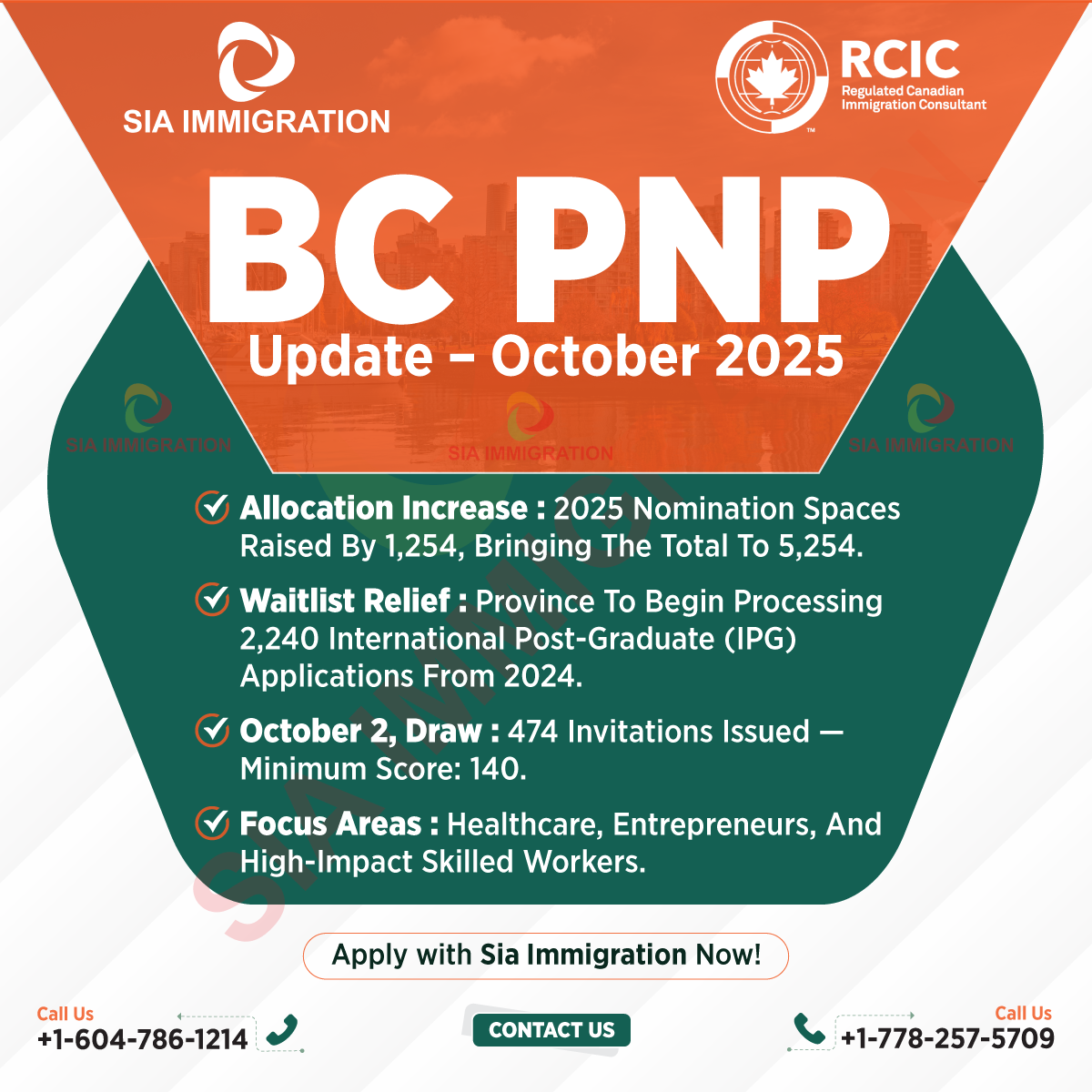LMIA Work Permits
A Labour Market Impact Assessment (LMIA) is a document issued by Employment and Social Development Canada (ESDC) assessing the impact of hiring a foreign national in Canada. A positive LMIA indicates that there is no Canadian citizen or permanent resident to fill a position, therefore enabling an employer to hire a foreign national. A negative LMIA indicates that a position should be filled by a Canadian citizen or permanent resident.
LMIA Application
An employer may apply for an LMIA as early as 6-months prior to the intended start date for the position. LMIA application procedures vary depending on the wage of the person being hired. Employers should consult the median hourly wages of their province or territory to determine whether their position is considered high-wage or low-wage, as low-wage positions will require the employer to meet additional criteria. There are specialized streams for employers wishing to obtain LMIAs for certain areas of employment. These include:
- Hiring Foreign Skilled/Semi Skilled Workers
- Hiring In-Home Caregivers
- Hiring Agricultural Workers
- Hiring within the province of Quebec
LMIA Application Requirements
LMIA applications are submitted in hard copy, by mail, to the appropriate Service Canada Processing Centre. Applications must include evidence that the following criteria have been met:
Processing Fee: All applications for LMIAs include a $1000 CAD processing fee which will not be refunded even if the result is negative. Certain applicants under the LMIAs for in-home caregivers may be exempt from this fee.
Business Legitimacy Documents: Documents proving that the employer’s status as a legitimate Canadian business.
Transition Plan: Employers must submit a plan for how they intend to address the need to hire foreign nationals. Eventually, employers are expected to hire Canadian citizens and permanent residents rather than TFWs.
Recruitment Efforts: Employers must submit evidence that they made substantial efforts to recruit Canadian citizens and permanent residents to fill the position prior to hiring a TFW.
Wages: Applications must include information regarding the TFWs wages. This will differentiate the high-wage positions from low-wage positions and ensure that TFWs are paid the same amount for labour as their Canadian equals.
Workplace Safety: TFWs are entitled to the same standards of workplace health and safety as Canadians in the same position. For this reason, employers must provide evidence that TFWs will be covered by insurance which is at minimum equivalent to the health coverage offered by the province or territory where the business is located.
Low-Wage Workers: Employers submitting LMIA applications for low-wage positions, must also address the following three requirements:
Transportation: Employers must provide low-wage workers with adequate travel cost to and from Canada. This transportation is provided at the employer’s expense.
What Happens After LMIA is Approved
After an LMIA application has been processed, employers will be issued a decision. If the employer is issued a positive LMIA, they can proceed with hiring a foreign national. If a negative LMIA is issued, then unfortunately the employer is not approved to hire a foreign national. Positive LMIAs are valid for 6 months from the date of issue. After receiving a positive LMIA, the employer must notify the foreign national so that they can apply for their work permit or permanent residence. In certain conditions, employers may apply to have their LMIA application processed in 10 days. To qualify for expedited processing, an employer must be located outside of Quebec and meet one of the following requirements:
- Highest wage positions: top 10% of wages earned by Canadians in the province/territory of the job.
- Skilled Trades: paid at least the median provincial/territorial wage for the position.
- Short-Term positions: 120 days or less
- Express Entry: the LMIA is to assist an Express Entry candidate.











